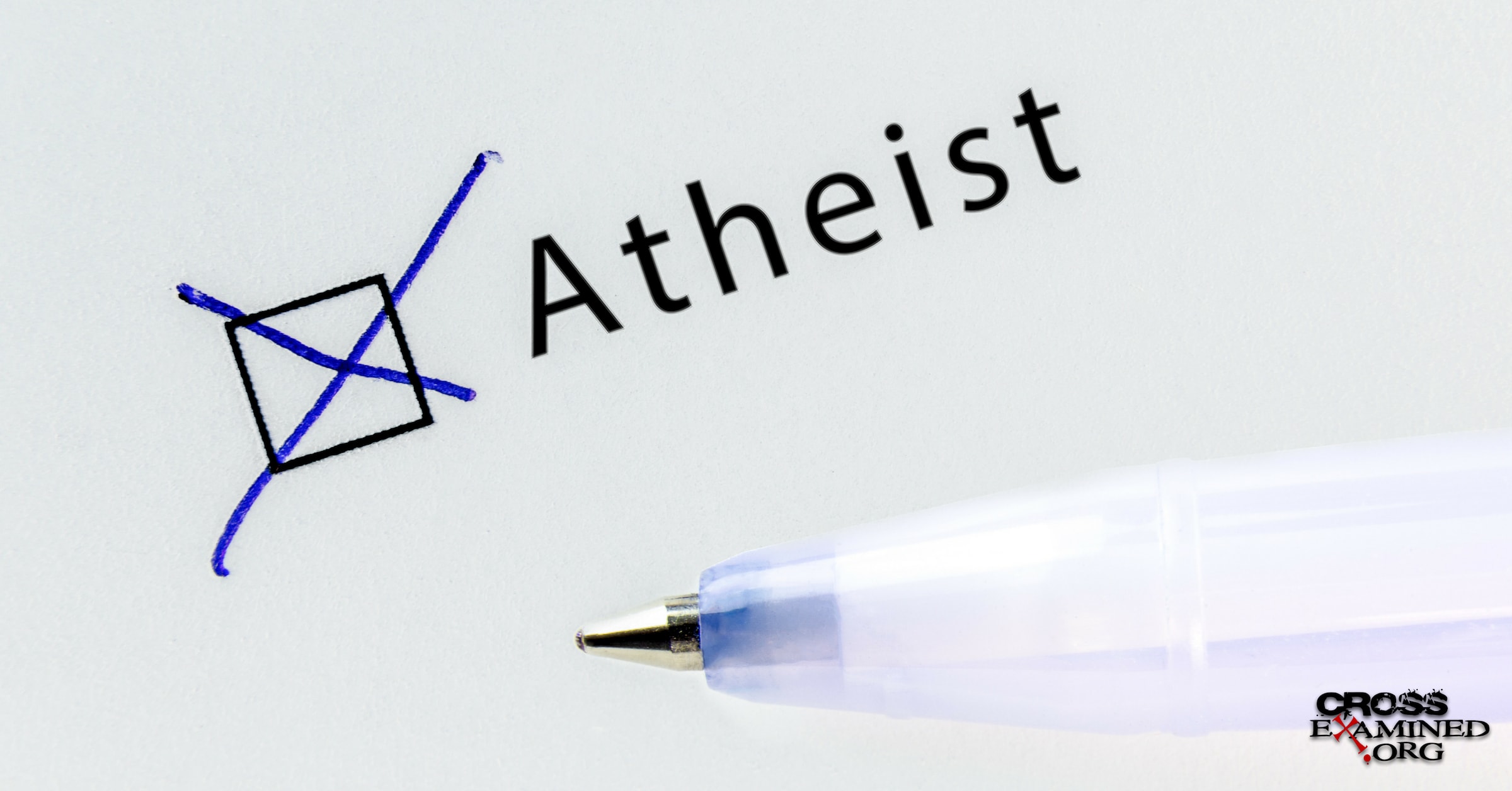It is the ultimate responsibility of the scientific and engineering communities to convey information in a clear, honest and accurate manner. To do otherwise is not only unethical but can endanger the health and welfare of people as many of the decisions we make both as individuals and as a society depend on the “facts” reported to us.
While all young scientists and engineers are taught the criticality of this concept, there are far too many cases where publications by allegedly educated, highly reputable professionals contain “facts and conclusions” that are either contrary to or in direct opposition to the supporting evidence.
One might wonder why anyone would anyone would risk publishing such information, especially in light of the peer review process that is supposedly employed in the review of such documents. The general reasons this occurs can include:
- Inexperience or honest errors and omission
- Carelessness
- Deliberate manipulation of the data to support the author’s personal agenda (fame, greed, power, control, etc)
The unfortunate thing is that the greater the author’s education, experience, and skill, the more likely that a publication that repeatedly contains such erroneous treatment of the facts tends to fall into the last category. As the old saying goes, “figures lie and liars figure”.
Such is the dilemma faced by Richard Dawkins, author of “The God Delusion”, whether to accurately and impartially portray the facts surrounding the items he discusses in this book in the hope that they provide support for his position or, to manipulate them in a manner that forces them to support his stated mission states “If this book works as I intend, religious readers who open it will be atheists when they put it down.” regardless of whether or not they actually do.
Now Dr. Dawkins has impressive credentials. He earned a PhD in Biology from Balliol College, Oxford in 1966. He has served as an assistant professor of zoology at the University of California, Berkeley, a lecturer in zoology and fellow of New College at Oxford University 1970-1990, and in 1995 he became Charles Simonyi Professor for the Public Understanding of Science at Oxford.
Dr. Dawkins’ awards are numerous, well deserved, and include the Zoological Society of London Silver Medal, the Michael Faraday Award, the Kistler Prize, and the Medal of the Presidency of the Italian Republic. He has been awarded several honorary degrees, topped “Prospect” magazine’s 2004 list of the top 100 public British intellectuals, granted Fellowship on the Royal Society and the Royal Society for Literature, and has authored numerous award winning and bestselling books.
There is little question as to the education, knowledge, skills, qualifications, and expertise possessed by Dr. Dawkins. This effectively eliminates Category 1, listed above, as the cause of inaccuracies in “The God Delusion”.
I’ve also eliminated carelessness as a cause since Dr. Dawkins himself notes the critiques of “various drafts” by a qualified (but hardly impartial) panel of experts, states that his wife read “the entire book aloud to me at two different stages in its development so I could apprehend very directly how it might seem to a reader other than myself”, and indicates that in the paperback edition he has “taken the opportunity to make a few minor improvements, and correct some small errors that readers of the book have kindly drawn to my attention.”
Therefore, one can only categorize the omissions, manipulations, and misrepresentation of the facts Dr. Dawkins presents in “The God Delusion” as falling into the third category listed above.
So, what are some of the issues in “The God Delusion” (Note: In discussing this I will only be using the paperback edition). Well, before addressing this, let’s establish some ground rules.
- In this and subsequent postings I will base comments only on documented evidence. While I won’t make philosophical judgments, I will reserve the right to present evidence that may be as speculative as that presented by Dr. Dawkins. This will be done only to offer you the opportunity to question for yourself the validity of Dr. Dawkins’ statements.
- I have nothing personal against Dr. Dawkins. I assume he is a good man who is grounded in his beliefs. I do, however, believe he needs to be held to responsible for his lack of scientific and research professionalism in presenting the information in “The God Delusion”.
- I ask only that you be fair and honest in determining whether or not the information contained within “The God Delusion” is presented in a reasonable and accurate manner. This is a responsibility Dr. Dawkins has to his audience and a right you have as the reader, especially if you are making life changing decisions based on it.
So let’s start by looking at Dr. Dawkins’ treatment of prayer…
On pages 85-90, Dr. Dawkins discusses “The Great Prayer Experiment”, a $2.4 million dollar study funded by the Templeton Foundation performed under the direction of Dr. Herbert Benson, “a cardiologist at the Mind/Body Medical Institute near Boston”. This study was officially known as “The Study of Therapeutic Effects of Intercessory Prayer” or more simply “STEP”.
Dr. Dawkins starts this section of his book with a very brief mention of the study done by Darwin’s cousin Francis Galton before jumping directly to the Templeton Foundation study. He describes the basic setup and conduction of the experiment along with what he portrays as the “clear cut” results. Dr. Dawkins states:
“Dr. Benson and his team monitored 1,802 patients at 6 hospitals, all of whom received coronary bypass surgery. The patients were divided into three groups. Group 1 received prayer and didn’t know it. Group 2 (the control group) received no prayers and didn’t know it. Group 3 received prayers and did know it.”
The results of the study, as Dr. Dawkins correctly notes is that there was no statistically difference between Group 1 (received prayer and didn’t know it) and Group 2 (received no prayers and didn’t know it). Surprisingly, Group 3 (received prayers and did know it) had a statistically significant higher incidence of complications.
I won’t present everything Dr. Dawkins states on these pages, you can read that for yourself assuring the accuracy of his words. Also, in keeping with Ground Rule 1, I will not present any opinion on the effects of intercessory prayer. I will only let the facts speak for themselves and let you determine if Dr. Dawkins if presenting an accurate view of the study and giving you facts upon which you should be basing life decisions.
First a little history. While Dr. Dawkins has noted only two studies (Galton and Benson), a 2008 article by Dr. Larry Dossey in discussing intercession prayer experiments in the November/December 2008 issue of Explore, The Journal of Science and Healing, states:
“We can identify around two dozen major-controlled studies in humans, approximately half of which show statistically significant results favoring the intervention group toward whom healing intentions were extended.”
Note, I’m not saying prayer intervention works, only that Dr. Dawkins did not report the existence of any of studies other than Galton and Benson. In fact, the Benson study is considered by many as only the 2nd best known intercessory prayer experiment following a 1988 study by cardiologist Randolph Byrd. The Byrd study (cited as a reference in the Benson study) showed a 5-7% benefit for those receiving prayer (vs. compared to the 7-8% considered statistically significant for Group 3 in the STEP study).
Now as for the study itself, Dr Dawkins incorrect categorizes the groups as “Group 1 received prayer and didn’t know it. Group 2 (the control group) received no prayers and didn’t know it. Group 3 received prayers and did know it.” In reality Benson et al describe the groups as:
- Group 1 – Received prayer, informed that they may or may not receive prayer
- Group 2 – Received no prayer, informed that they may or may not receive prayer
- Group 3 – Received prayers and did know it
Now this seems like a small difference, it can affect the results (i.e. receiving or not receiving prayer and know knowing about it vs. knowing that it is a possibility). In fact, an editorial by Mitchell Krucoff et al that was published in the same issue of the American Heart Journal in which Benson’s STEP paper appeared notes that:
“Patients enrolled in double-blinded arms might still be inclined to guess or even believe they know what their treatment assignment actually was. In elective percutaneous coronary intervention patients enrolled in a double-blinded prayer study, about two thirds of patients not actually assigned prayer believed that they were.”
He went on to state:
“‘Constraints on how intercessory prayer was provided’ excluded all but a handful of prayer groups and may have affected the actual prayers performed by these groups.”
Further, Dossey (in the publication cited above) states that:
“Surveys show that around 80% to 90% of Americans pray regularly when they are well and it can be assumed even more pray when they are sick. Faced with the possible prospect of being denied prayer in the study, the subjects in A [Group 1] and B [Group 2] may therefore have redoubled their personal prayers for themselves. Thus a paradox may have resulted in which A and B received more prayer – not less – than C [Group 3]”.
Also, Manoj Jain, one of the original authors of STEP stated in a 2006 Harvard medical School news release:
“One caveat [of STEP] is that with so many individuals receiving prayer from friends and family it may be impossible to disentangle the effects of study prayer from background prayer.”
Now, in discussing the statistically significant higher incidence of complications in Group 3 Dr. Dawkins casually comments:
“Was God doing a bit of smiting, to show his disapproval of the whole barmy enterprise? It seems more probable that those patients who knew they were being prayed for suffered additional stress in consequence: ‘performance anxiety’, as the experimenter put it.”
Well, in the American Heart Journal editorial cited above Krucoff et al take the experimenters to task by stating:
“While presenting these results clearly and noting them in discussion, the investigators take an almost casual approach toward any explanation, stating only that ‘may have been a chance finding’”.
Ariel et al really drive this home in the May 2008 issue of The Journal of Alternative and Complementary Medicine in which they note that the patients in Group 3 “which had the highest rate of complications, may have been predisposed to do worse”. They state:
“When compared with the other two groups, this group had a higher incidence of chronic obstructive pulmonary disease (emphysema and chronic bronchitis), a higher incidence of smoking history, a higher rate of three-vessel coronary bypass surgery, and a lower rate of beta-blocker use prior to surgery.”
and conclude that:
“For a fair trial of prayer, the study should have established a level playing field between all three groups through proper randomization, such that no group was worse off than any other going into the study.”
As I noted before, I’m not trying to promote my own beliefs on intercessory prayer. Rather, I’m simply pointing out that the “evidence” cited so glowingly by Dr. Dawkins is, in fact, nothing like he has portrayed it to be. As a scientist routinely involved in both writing and reviewing papers on such studies, it is clearly apparent that he has manipulated the information to further his stated agenda, i.e. “If this book works as I intend, religious readers who open it will be atheists when they put it down.”
“The God Delusion” has, I believe, sold over two million copies. Unfortunately, Dr. Dawkins has let his disdain for organized religion skew his scientific objectivity. Regardless of your beliefs on this and other topics addressed by Dr. Dawkins, you as the reader have the right to a fair and impartial presentation of the facts on which to base any future decisions you may make, decisions Dr. Dawkins is clearly trying to direct for you.
In the next installment, I’ll give you some more examples of Dr. Dawkins’ misleading presentation of factual information from “The God Delusion”.




